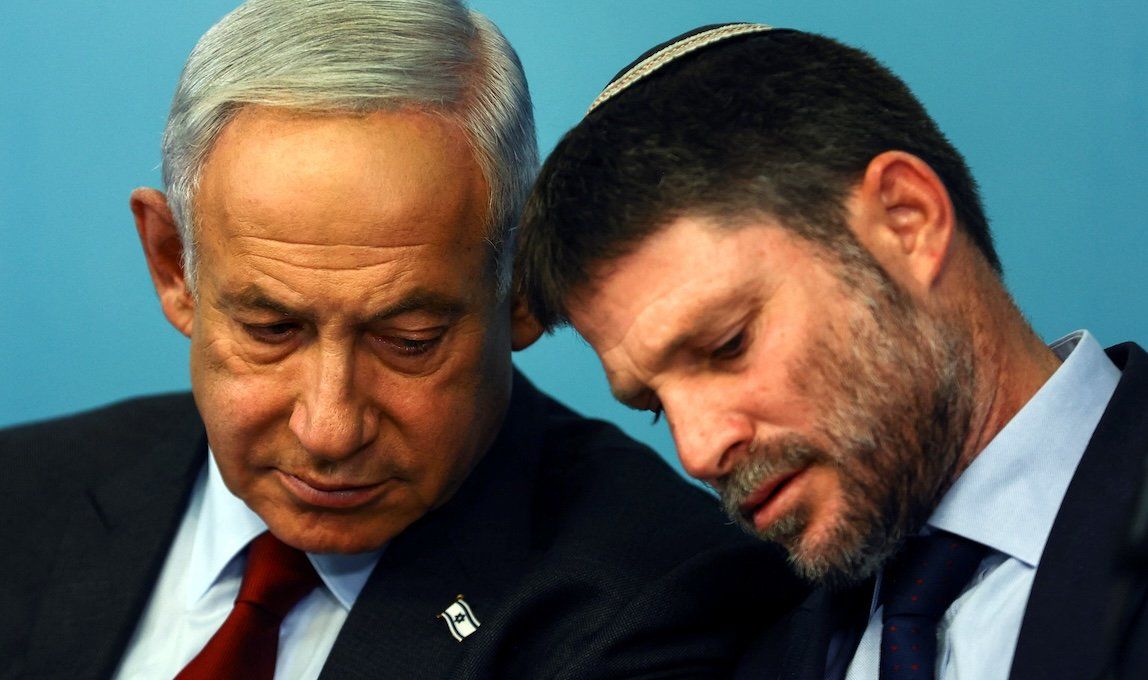Donald Trump’s election victory is already emboldening Israeli far-right ministers who want to annex settlements in the occupied West Bank. Israel’s Finance Minister Bezalel Smotrich on Monday said Trump’s win “brings an important opportunity,” adding that “the time has come” for Israel to apply sovereignty over settlements in the West Bank. National Security Minister Itamar Ben Gvir made a similar call last week after Trump’s win.
Smotrich’s comments have been condemned by the US State Department and other governments in the Middle East. Israeli settlements in the occupied West Bank are viewed as illegal under international law. Trump’s first administration upended decades of US policy in 2019 by declaring that settlements don’t violate international law, but the Biden administration restored that position.
Trump is viewed as extremely pro-Israel and took controversial steps in line with Israeli Prime Minister Benjamin Netanyahu’s agenda during his first term, including moving the US embassy to Jerusalem and recognizing Israel’s annexation of the Golan Heights.
The president-elect has tapped former Arkansas Gov. Mike Huckabee, who is pro-settlement and believes the West Bank belongs to Israel, to be US ambassador to Israel. Huckabee on Wednesday said annexation is “of course” a possibility under Trump 2.0 but emphasized he won’t be the one setting policy.
We’ll be watching to see how Trump’s policy toward Israel takes shape in the weeks ahead. Trump has promised to bring peace to the Middle East as Israel continues to wage a multifront war. Annexation could exacerbate tensions and make this already ambitious goal even more difficult to achieve.
